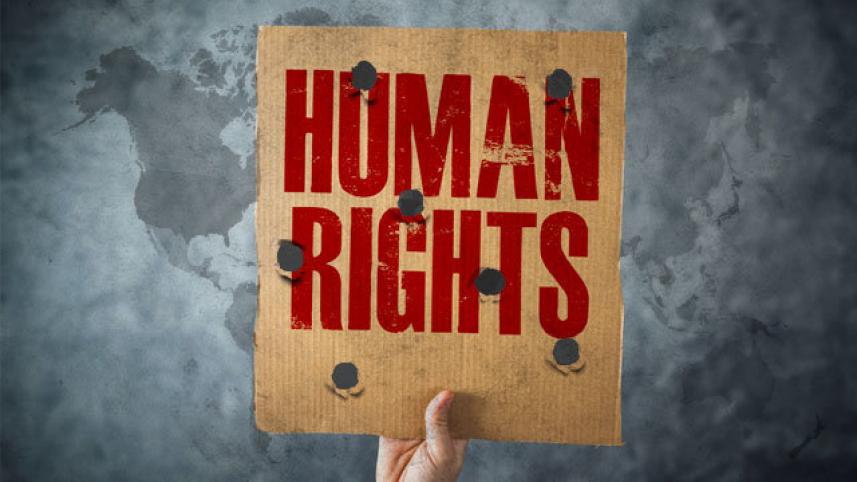Extra-judicial killings

In a report published on its website, the UN Human Rights Committee has expressed concerns about the "high rate of extra-judicial killings by police officers, soldiers and Rapid Action Battalion (RAB) force members and the reported enforced disappearances". Among other issues raised by the committee, including those of child marriage and freedom of speech, it cited that the the state needs to revise national legislation to curb the power granted to security forces and contain its abuses.
The recent upsurge in militant activity means that the issue of the balance between counter-terrorism and human rights is now of utmost importance. We do not dispute that counter-terrorism measures, such as the recent drives on military dens, are crucial for the safety of the country and its citizens. But combating terrorism cannot mean in any way disregarding basic human rights. Take the example of Hanif Mridha who died in Rab custody after he was allegedly picked up after the suicide bomb blast in Ashkona. But family members have maintained that Hanif was picked up in February. Discrepancies between the official narrative and those of family members have become a common occurrence, as has disappearances and extra-judicial killings. And this ought to be investigated to get to the truth.
We agree with the UN that legislative and policy reform is needed to ensure that these cases are investigated, and if needed accountability ensured of the security force members. The UN's recommendation to broaden the scope of the National Human Rights Commission is timely, since much of the alleged cases of violations of human rights have gone uninvestigated till now.
The UN report has important points that the state must duly consider. As a signatory to the International Covenant on Civil and Political Rights, the state must take steps to prevent extra-judicial killings and other abuses of power. After all, it is the reputation of the country that is stake.



 For all latest news, follow The Daily Star's Google News channel.
For all latest news, follow The Daily Star's Google News channel.